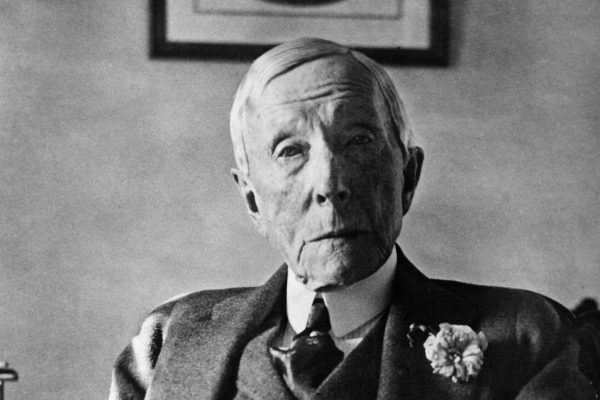The financial system of the Ottoman Empire, spanning from the 14th to the early 20th century, presents a fascinating case of economic management and administration. This comprehensive research paper explores the intricacies of the Ottoman financial system, examining its evolution, administrative structure, taxation practices, monetary policies, and economic challenges. By comparing the Ottoman financial practices with those of the Byzantine Empire, the Mamluk Sultanate, medieval European systems, and China, this study highlights both the distinctive features and commonalities in historical financial systems. Key insights include the impact of centralization versus decentralization, the importance of currency stability, and the effectiveness of tax collection methods. The paper offers valuable lessons for contemporary financial practices, emphasizing the need for balanced administration, diversified revenue sources, and robust monetary policies. Through a detailed analysis, this research sheds light on the enduring legacy of the Ottoman financial system and its relevance to modern economic management.











